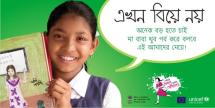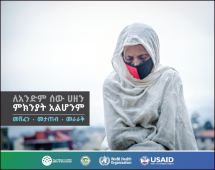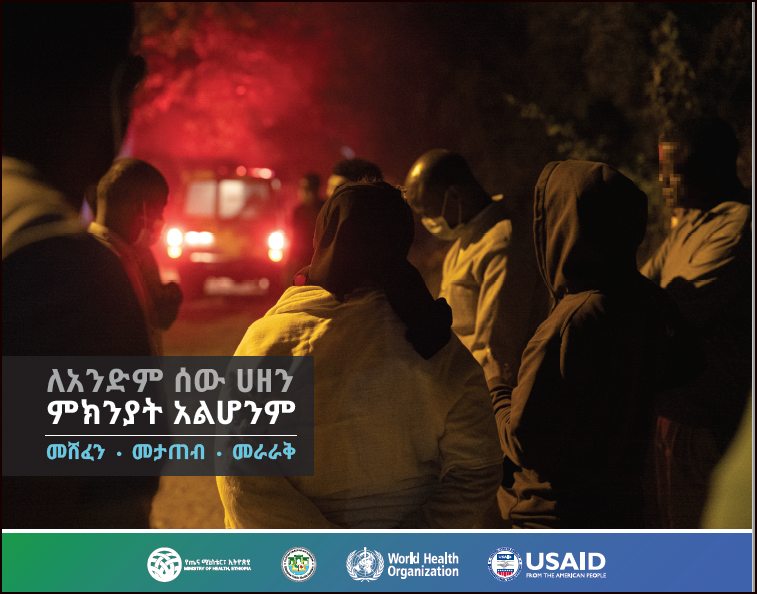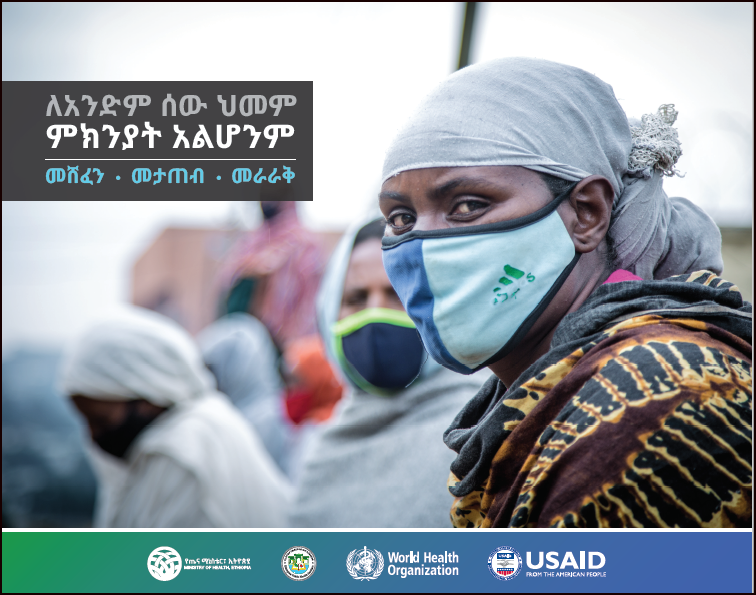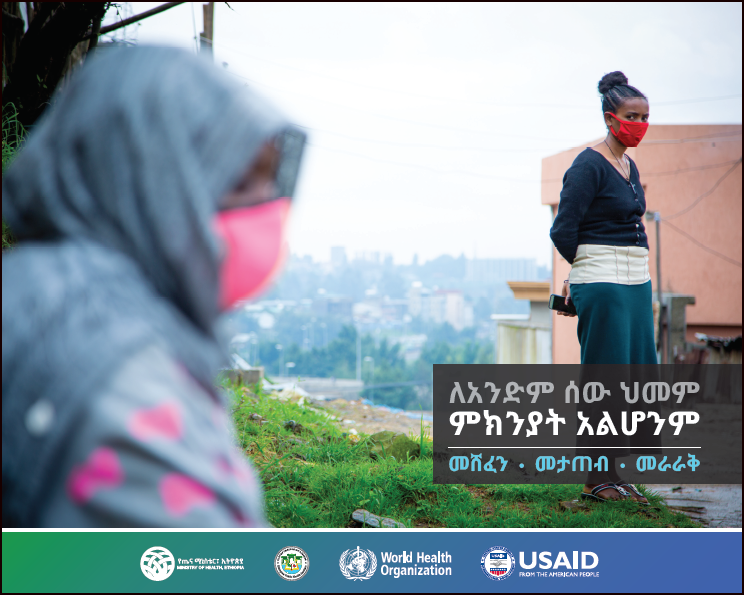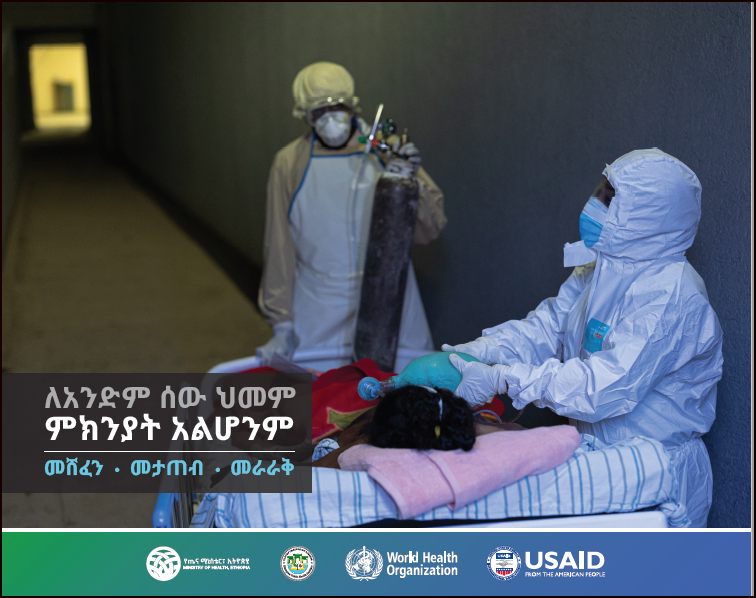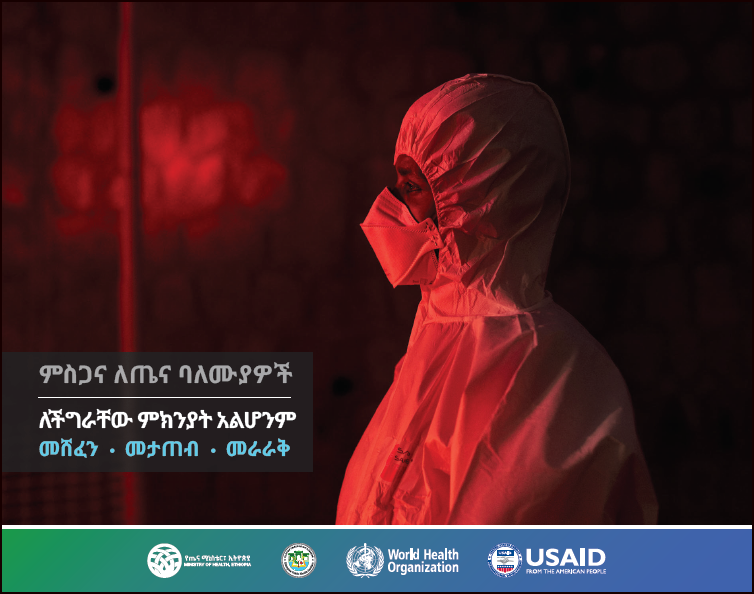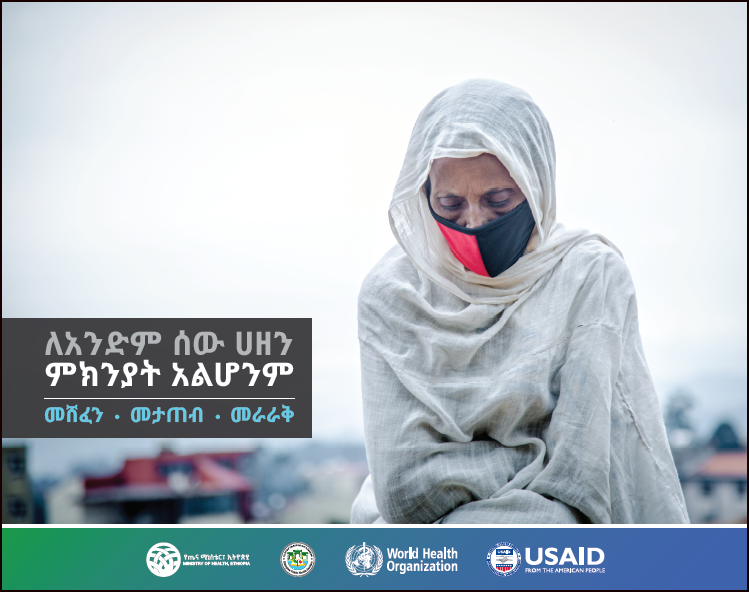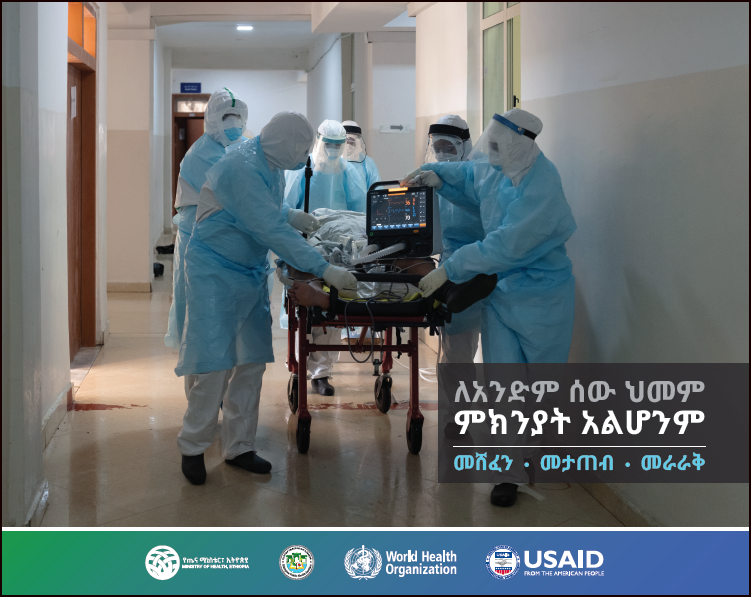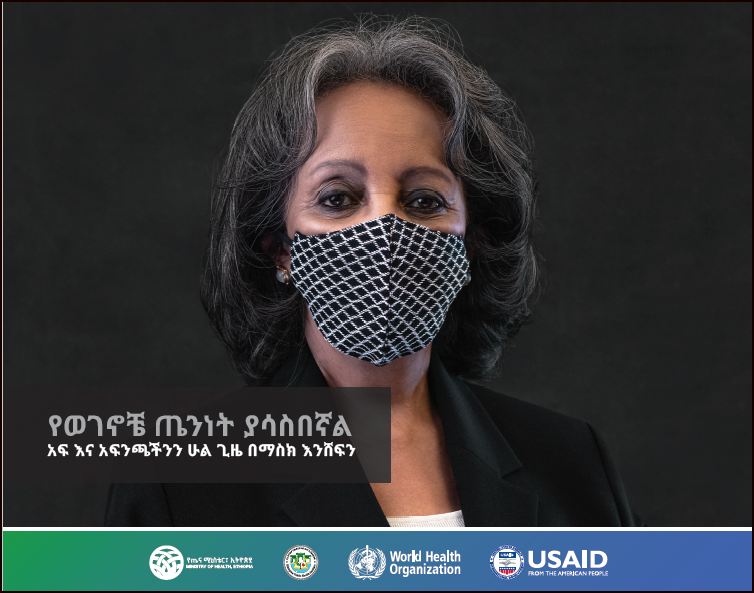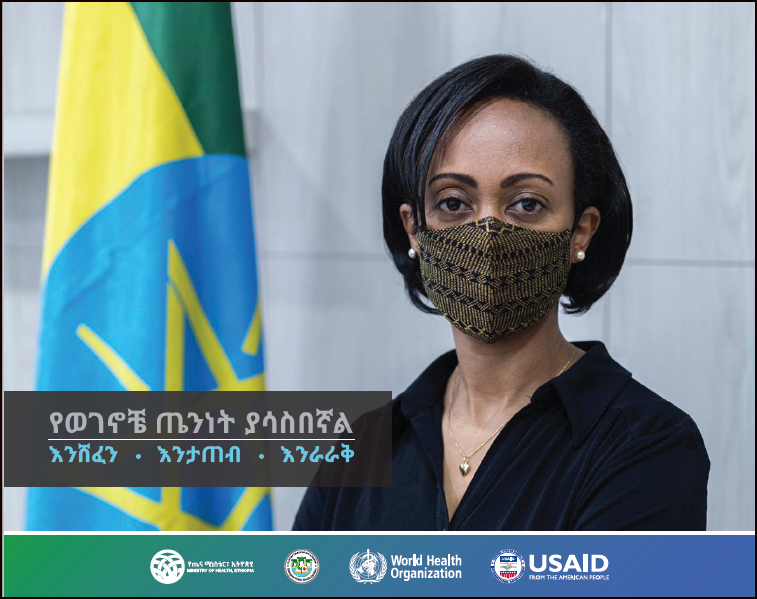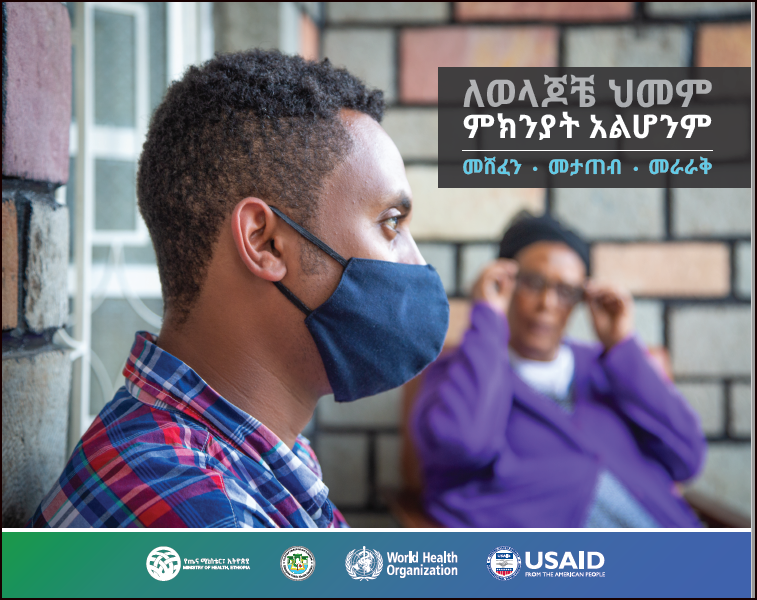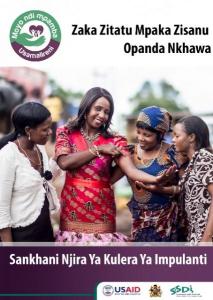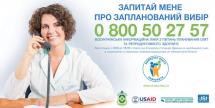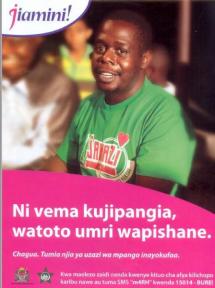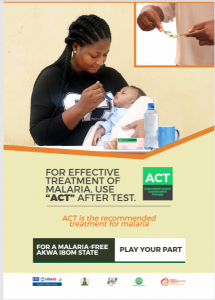My Childhood My Right Campaign Materials
This campaign was inspired by a group of youths in the Purulia and Malda districts of West Bengal in 2011. At the center of the campaign were Youth Champions – young change agents identified by Unicef through their network of schools. The campaign strategy was train hundreds of Youth Champions through workshops, empower them to engage other community stakeholders in conversation, while simultaneously running a public visibility campaign on the issue.
Included are:
- Youth Champion’s booklet – This Picture and Activity booklet was a take-home for the young participants, handed out at the end of the workshop. It has been designed to summarise the key issues covered; including aspects of law, discussions around the prevailing attitudes and practices, and ideas on how the Youth Champions can continue the dialogue in their own communities.
- Posters aimed at youth as well as at different groups of stakeholders
- Banners
- Wall paintings
- Billboards
Source: UNICEF
Date of Publication: September 30, 2021
SIMILIAR RESOURCES
Tools
Examples
- Lever les Tabous: La sexualité et les approches promouvant l’égalité des genres pour mettre fin aux unions et aux mariages d’enfants, précoces et forcés
- COVID-19 and Child, Early, and Forced Marriage: An Agenda for Action
- Tackling the Taboo: Sexuality and Gender-Transformative Programmes to End Chlld, Early, and Forced Marriage and Unions
- Child Marriage Facts and Figures
- Child Marriage Factsheets
- Child Marriage Theory of Change
- Child, Early, and Forced Marriage Resource Guide
- What does Child Marriage Mean for Girls?
- Solutions to End Child Marriage
- The Top 5 Things You Didn't Know About Child Marriage

